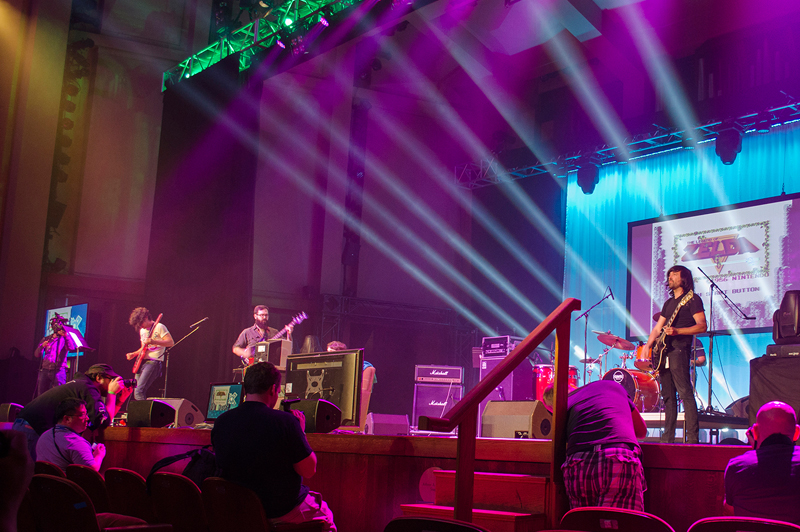Just try not to think of Clint Eastwood’s new film as cultural colonialism, and everything will be fine. “Unconquerable” is what that title means, as in “Out of the night that covers me,/Black as the Pit from pole to pole,/I thank whatever gods may be/For my unconquerable soul.” Written in 1875 by the British poet William Ernest Henley, those lines, and the dozen others that follow, supplied Nelson Mandela (Morgan Freeman, naturally) with words to live by during the 27 years of prison captivity he endured until 1990, when Invictus begins.
|
Good Will Kicking: Nelson Mandela (Morgan Freeman) enlists the help of South Africa’s Springboks rugby club to unite an apartheid-torn country in Invictus. |
“He can win an election, but can he run a country?” Freeman’s carefully calibrated accent asks, reading a newspaper headline, and adds: “It’s a legitimate question.” Lest this moment seem too politically intricate for American audiences, Eastwood promptly neutralizes it: Imagine an old Reagan campaign commercial dressed in drag as one for Obama. It’s morning again in South Africa. We actually see the sun coming up over shanties. We also see Matt Damon as Francois Pienaar, in a “South Africa Rugby” T-shirt, watching Mandela’s ascendance on TV with interest and absorbing his own father’s reactionary insecurities with a tellingly level head.
Notwithstanding the protracted ministrations of establishing his half-black, half-Afrikaner security detail, it isn’t long before the president has invited the rugby captain to tea, reminded him, with help from Henley’s poem, to be the captain of his own soul, and told him, “In order to build our nation, we must all exceed our expectations.” Imagine a social-issue movie dressed in drag as an inspirational-underdog sports movie.
Thing is, it actually happened. However close the film pushes to preposterousness (very), however many post-racial platitudes it regurgitates (many), there’s no denying Mandela’s very real insight that the malleable symbology of the Springboks rugby team might actually offer his riven nation a way toward its better future. “Under the bludgeonings of chance,” Henley wrote, “my head is bloody, but unbowed.” Surely if a black man can keep those words in his mind while doing decades worth of hard time, a white man can take them to heart on a playing field during the game of his career. And surely the rest of us can be moved by their common efforts.
Anthony Peckham’s screenplay (adapted from John Carlin’s book, Playing the Enemy) gets nudgy and redundant, and Eastwood, not even minding his own artlessness as usual, follows suit. Invictus never quite makes us understand what apartheid really was like. Maybe that’s not the point, but it shouldn’t be negligible either. The film abbreviates Mandela’s other affairs of state, and his estrangement from his family, to make room for mantra-like reiterations of its own rousing theme. But the resonant essence of the story, and its stars’ apparently infinite likability, go plenty far on their own.
Morgan Freeman and Visa hope to see you at the Olympics, but if you can’t make it, maybe Invictus will do.






